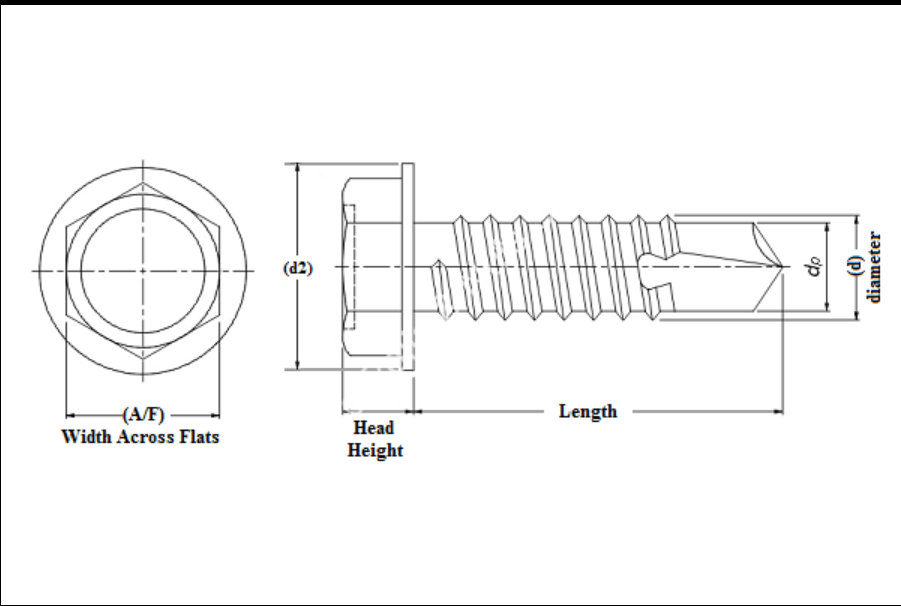Understanding Common Grades for Flat Washers in Various Applications
Understanding Famous Flat Washer Grades A Comprehensive Guide
Flat washers are essential components in various mechanical assemblies, providing support, load distribution, and vibration damping. Among the many aspects to consider in wash design, the grade of the flat washer is crucial. Different grades of flat washers determine their material properties, load-bearing capabilities, and overall performance in various applications. This article explores some of the most famous flat washer grades, helping you understand their significance and applications.
What are Flat Washers?
Flat washers are thin, round plates with a central hole, designed to be used with fasteners like bolts and screws. They serve several purposes, including preventing the fastener from pulling through the material, distributing the load over a larger area, and providing a smooth surface for the fastener. Flat washers come in various sizes and materials, but their grade significantly influences their performance.
Common Washer Grades and Their Properties
1. Grade 2 Washers Grade 2 flat washers are made from low carbon steel and are typically used in general applications. They have a standard tensile strength, making them suitable for use in non-load-bearing areas. Their corrosion resistance is limited, and they are often finished with zinc plating to enhance durability. Common applications include household items and light machinery.
2. Grade 5 Washers These washers are manufactured from medium carbon steel and are heat-treated for increased strength. Grade 5 flat washers can withstand significantly higher loads than Grade 2 washers, making them suitable for automotive and industrial applications. Their tensile strength ensures reliability in moderate to heavy-duty situations, often seen in automotive parts and machinery assemblies.
famous flat washer grades

3. Grade 8 Washers Known for their superior strength, Grade 8 flat washers are made from high carbon steel and are often used in high-stress applications. With a tensile strength over 150,000 psi, they can endure extreme loads. These washers are commonly found in heavy machinery, structural applications, and vehicles where safety and reliability are paramount.
4. Stainless Steel Washers Stainless steel flat washers are available in various grades, including Grade 304 and Grade 316. Grade 304 is known for its excellent corrosion resistance and is often used in food processing and marine environments. Grade 316, which has added molybdenum, provides even greater resistance to corrosion, making it ideal for coastal applications and chemical processing. Stainless steel washers are common in applications requiring hygiene or resistance to harsh conditions.
5. Plastic and Nylon Washers Although not metal, plastic and nylon flat washers are worth mentioning. They are lightweight, resistant to corrosion, and provide excellent insulation. Their use is common in electrical applications and settings where metal would cause short-circuit risks. These materials also help reduce vibration and wear in assemblies.
Selecting the Right Flat Washer Grade
When choosing a flat washer, several factors must be considered, including the application environment, load requirements, and the type of fastener being used. For instance, in environments exposed to moisture or chemicals, stainless steel or nylon washers may be more appropriate due to their resistance to corrosion. For applications involving heavy loads, opting for Grade 5 or Grade 8 washers ensures safety and bolstered performance.
Conclusion
The grade of a flat washer is a pivotal factor that influences its effectiveness in a specific application. Understanding the differences between various grades, such as Grade 2, Grade 5, Grade 8, and stainless steel options, enables engineers and tradespeople to make informed decisions that enhance safety, performance, and longevity. Regardless of the application—ranging from simple household tasks to complex industrial machinery—selecting the correct flat washer grade plays a vital role in the overall integrity of the assembly. As technology and materials science evolve, staying informed about advancements in washer grades will further empower professionals in making optimal choices for their projects.
-
Top Choices for Plasterboard FixingNewsDec.26,2024
-
The Versatility of Specialty WashersNewsDec.26,2024
-
Secure Your ProjectsNewsDec.26,2024
-
Essential Screws for Chipboard Flooring ProjectsNewsDec.26,2024
-
Choosing the Right Drywall ScrewsNewsDec.26,2024
-
Black Phosphate Screws for Superior PerformanceNewsDec.26,2024
-
The Versatile Choice of Nylon Flat Washers for Your NeedsNewsDec.18,2024










